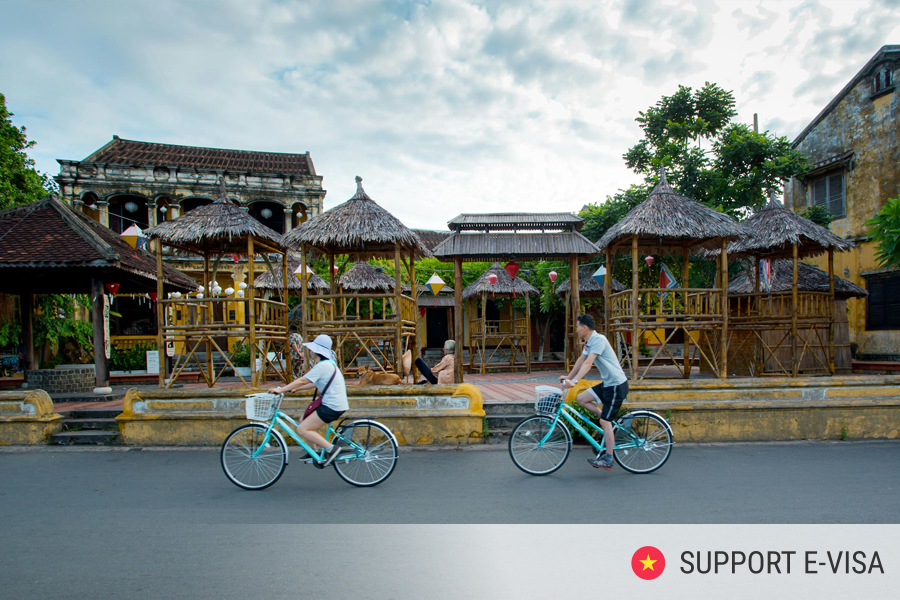Fake Visa Websites: What to Watch Out For
15-06-2025
With the growing popularity of the Vietnam e-visa system, many travelers are turning to online platforms to handle their visa applications. However, this convenience has also led to the rise of fake visa websites aiming to scam unsuspecting tourists. These websites often look legitimate, but their purpose is to overcharge, steal personal data, or provide false visa approvals.
If you’re planning to apply Vietnam e-visa, being aware of these scams is essential. Here’s what to watch out for—and how to protect yourself.

1. Websites Claiming to Be “Official”
A common trick used by fake Vietnam visa online websites is to present themselves as official government portals. They may use domain names that appear trustworthy, such as “gov-vietnamvisa.com” or “vietnamvisa-online.org,” even though they are privately owned and unauthorized.
What to do:
Always check the website URL carefully. The official Vietnam e-visa site ends with “.gov.vn.” Alternatively, use a reputable Vietnam e-visa agent that offers clear Vietnam visa support and customer service.
2. Overpriced or Hidden Fees
Some fake visa websites charge far more than the actual cost of the Vietnam e-visa, sometimes adding hidden service fees at the last step of checkout. Others offer "urgent" or fast Vietnam visa services at inflated prices, without any guarantee of faster delivery.
What to do:
Compare fees across different sites and always ask for a fee breakdown. A legitimate Vietnam e-visa agent will list all costs clearly before payment.
3. No Customer Support or Contact Info
Fraudulent sites often have no real support system. If there’s no email, phone number, or physical address available, or if the only contact method is a generic form, that's a red flag.
What to do:
Check for real-time support options and verify whether the business is responsive. Trusted providers like supportevisa.com offer Vietnam visa support via multiple channels.
4. Requests for Unusual Information
Scam websites may ask for unnecessary personal or financial information not required in a typical Vietnam e-visa application—such as full banking details, social security numbers, or ID card scans.
What to do:
Only provide information that is relevant to your visa application: passport details, travel dates, and a photo. Never share sensitive documents unless you're working with a verified Vietnam e-visa agent.
5. Fake Visa Approval Emails
Some scammers send fake e-visa documents via email that look real at first glance. Travelers only realize the document is invalid when denied boarding or entry at the airport.
What to do:
Verify your visa code through official sources or contact a Vietnam visa support service to confirm its authenticity. This is especially important for travelers using Vietnam e-visa for Chinese passports, as document formats may vary.

How to Stay Safe
- Use trusted sources like supportevisa.com
- Avoid websites without transparent service terms
- Never rush into payment without verifying credentials
- Keep copies of all emails and receipts for reference
Apply now at supportevisa.com
Or message us via our Fanpage anytime!

